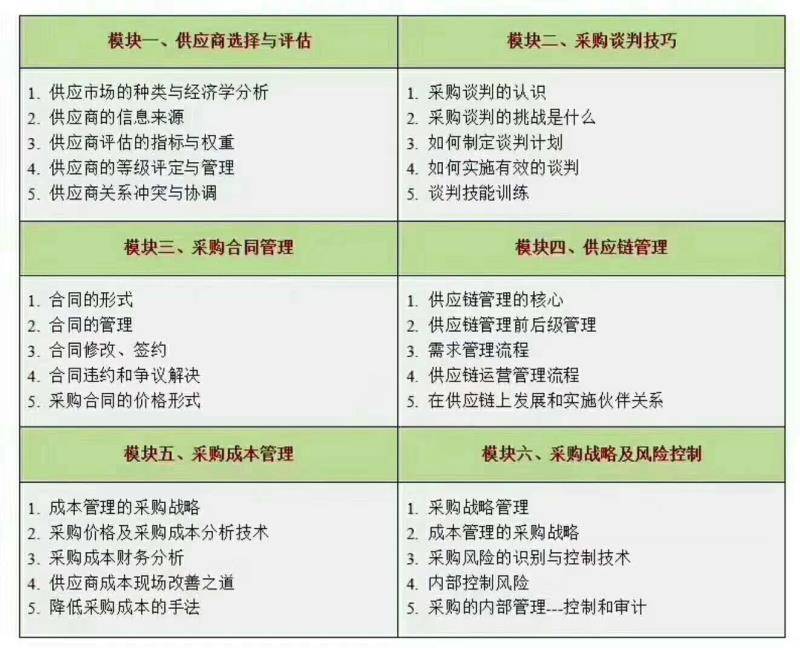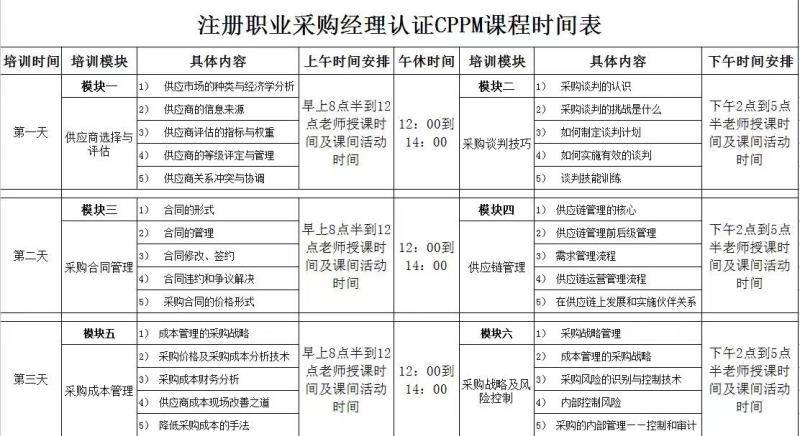Maximizing Your Savings: Understanding the Loan Payment Schedule with Extra Payments
**Loan Payment Schedule with Extra Payments** (贷款还款计划与额外还款)---When it comes to managing loans, understanding your **loan payment schedule with extra payment……
**Loan Payment Schedule with Extra Payments** (贷款还款计划与额外还款)
---
When it comes to managing loans, understanding your **loan payment schedule with extra payments** can significantly impact your financial health. Many borrowers are unaware of how making extra payments can alter their repayment timeline and save them money on interest. In this article, we will explore the concept of a loan payment schedule, the benefits of extra payments, and how to effectively implement this strategy.
#### What is a Loan Payment Schedule?
A **loan payment schedule** is a detailed plan that outlines how much you owe, when payments are due, and the breakdown of principal and interest over the life of the loan. This schedule is essential for borrowers as it provides a clear understanding of their repayment obligations. Typically, loan payment schedules are structured monthly, but they can also be set up on a bi-weekly or weekly basis depending on the lender's policies.
#### The Impact of Extra Payments
Making **extra payments** towards your loan can significantly reduce the total interest paid over the life of the loan. When borrowers make additional payments, they are essentially paying down the principal balance faster than originally planned. This leads to a decrease in the overall interest accrued, as interest is calculated on the remaining balance of the loan.

For example, if you have a 30-year mortgage and decide to make an extra payment of $100 each month, you could potentially pay off your loan several years earlier and save thousands of dollars in interest. This strategy is particularly effective with high-interest loans, such as credit cards or personal loans.
#### How to Implement Extra Payments into Your Loan Payment Schedule
1. **Review Your Loan Agreement**: Before making extra payments, check your loan agreement to ensure that there are no prepayment penalties. Some lenders may charge fees for paying off loans early.
2. **Determine Your Budget**: Analyze your monthly budget to see how much extra you can afford to pay. Even small additional payments can make a significant difference over time.
3. **Communicate with Your Lender**: Notify your lender of your intention to make extra payments. Specify that you want these payments applied directly to the principal balance rather than future payments.

4. **Adjust Your Loan Payment Schedule**: Incorporate your extra payments into your **loan payment schedule**. This may involve recalculating your payment timeline and interest savings.
5. **Track Your Progress**: Keep an eye on your loan balance and interest savings. Many lenders provide online tools to help you visualize how extra payments are affecting your loan.
#### Benefits of a Loan Payment Schedule with Extra Payments
The advantages of maintaining a **loan payment schedule with extra payments** are numerous:
- **Reduced Interest Costs**: As mentioned, paying down the principal faster reduces the amount of interest you will pay over the life of the loan.

- **Shortened Loan Term**: Extra payments can help you pay off your loan years earlier than scheduled, freeing you from debt sooner.
- **Improved Credit Score**: Lowering your debt-to-income ratio by paying off loans can positively impact your credit score.
- **Increased Financial Freedom**: With fewer financial obligations, you can allocate funds to savings, investments, or other financial goals.
In conclusion, understanding your **loan payment schedule with extra payments** is crucial for anyone looking to manage their debt effectively. By making extra payments, you can save money on interest, shorten your loan term, and achieve financial freedom more quickly. Always consult with a financial advisor or loan officer to tailor a strategy that best fits your financial situation.